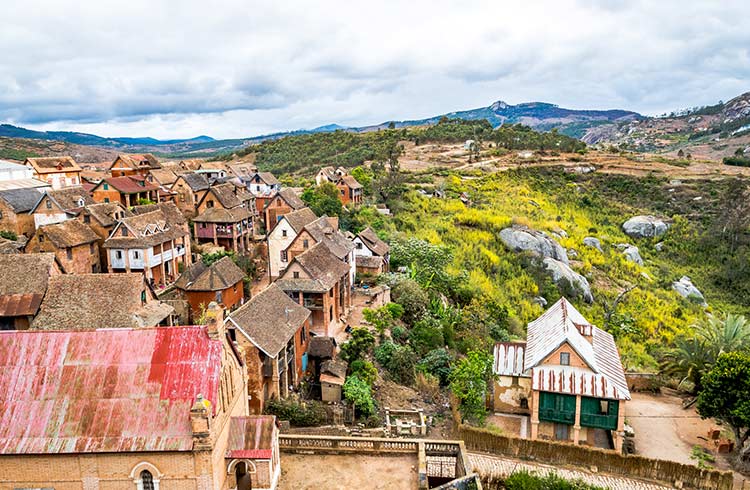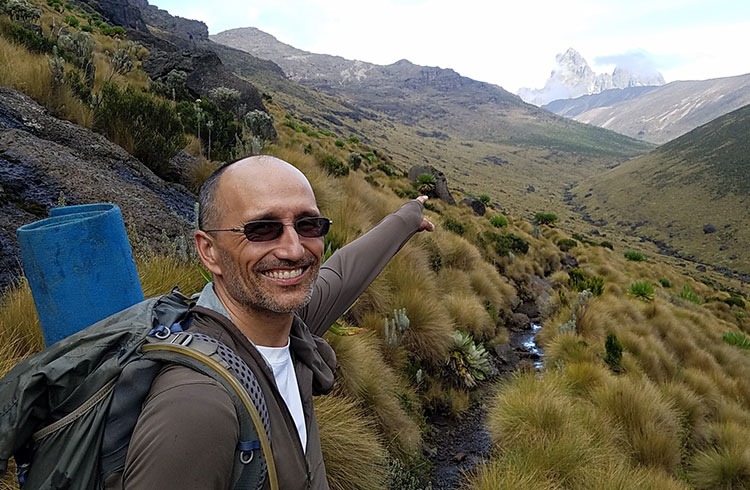How to Stay Healthy While Traveling Around Madagascar
Before you go, be aware of water and insect borne diseases, rabies, and food poisoning so you can do your best to avoid getting sick in Madagascar.
 Photo © Getty Images/Nicolas Daumas / EyeEm
Photo © Getty Images/Nicolas Daumas / EyeEm
There are a number of health risks travelers should be prepared for before going to Madagascar.
Overall, try your best to protect yourself from mosquito or insect bites by covering up at dusk and dawn when they are most active, wearing insect repellent, and using a mosquito net at night if your accommodation does not have fly screens installed.
Vaccinations you need for Madagascar
The CDC and WHO recommend the following vaccinations for all travelers to Madagascar:
- Hepatitis A and B
- Influenza
- Yellow fever
- Shingles
- Meningitis
- Polio
- Measles, mumps and rubella (MMR)
- Tdap (tetanus, diphtheria and pertussis)
- Chickenpox
- Rabies
- Pneumonia
- Typhoid.
Insect-borne diseases in Madagascar
Malaria and other insect-borne diseases, including dengue fever, rift valley fever, chikungunya fever and filariasis are common throughout the country. Use insect repellent and wear clothing that covers exposed skin to prevent insect bites.
How to avoid food poisoning
Water and food-borne illnesses are also common, so travelers should avoid tap water, exposure to contaminated water sources and consuming raw or undercooked food.
Pack water purification tables and a water filtering bottle for your trip, so you can minimize your plastic waste through buying bottled water.
The consumption of toxic sardines was blamed for the sickness of 120 people and death of 14.
Rabies in Madagascar
Rabies can be found in dogs, bats and other mammals in Madagascar. Whatever you do, don't pat the street dogs. If you do come into contact with a dog and you are scratched or bitten, seek medical treatment immediately.
Other infectious diseases such as cholera, hepatitis, bubonic plague, bilharzia and tuberculosis are also prevalent, and outbreaks can occur at any time. Before your trip, stay up to date with government travel advisories, who will alert travelers of disease outbreaks or any new major health concerns.
HIV/AIDS
The number of confirmed cases of HIV/AIDS is actually relatively low in comparison to other African countries; however it is still a growing problem as are instances of other sexually transmitted diseases. If you plan on experiencing more than just the landscape in Madagascar, be sure you understand the risk and use appropriate protection to prevent exposure.
Related articles
Simple and flexible travel insurance
You can buy at home or while traveling, and claim online from anywhere in the world. With 150+ adventure activities covered and 24/7 emergency assistance.
Get a quote
No Comments